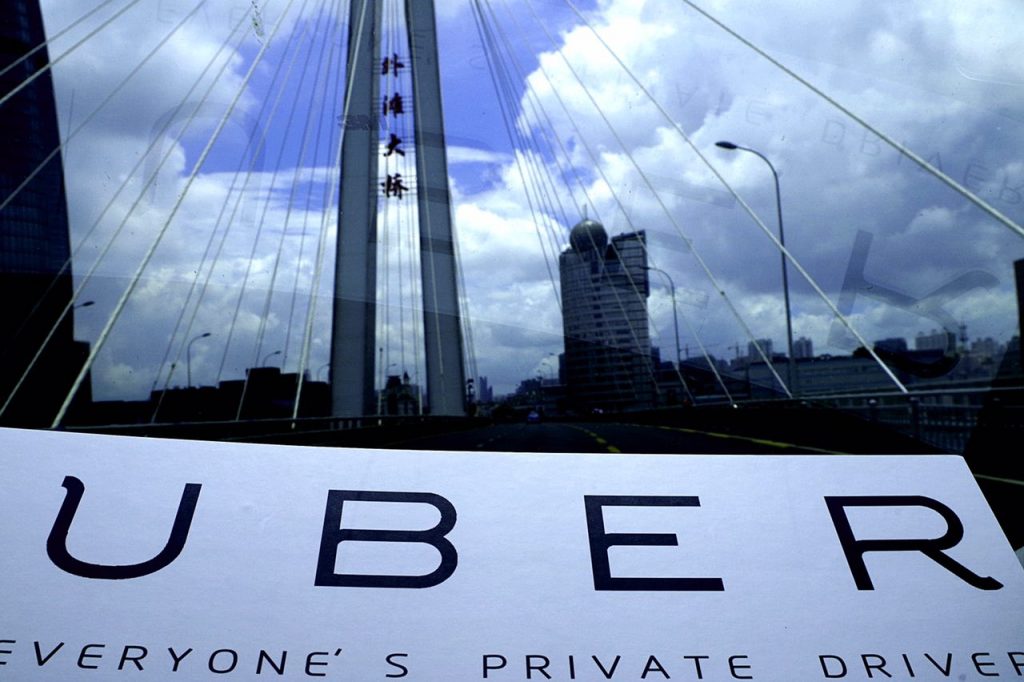 TheTechMedia.com/wp-content/uploads/2020/12/Uber-300×200.jpg 300w, https://TheTechMedia.com/wp-content/uploads/2020/12/Uber-768×511.jpg 768w, https://TheTechMedia.com/wp-content/uploads/2020/12/Uber-800×533.jpg 800w, https://TheTechMedia.com/wp-content/uploads/2020/12/Uber-1160×772.jpg 1160w, https://TheTechMedia.com/wp-content/uploads/2020/12/Uber.jpg 1280w” sizes=”(max-width: 1024px) 100vw, 1024px”>
TheTechMedia.com/wp-content/uploads/2020/12/Uber-300×200.jpg 300w, https://TheTechMedia.com/wp-content/uploads/2020/12/Uber-768×511.jpg 768w, https://TheTechMedia.com/wp-content/uploads/2020/12/Uber-800×533.jpg 800w, https://TheTechMedia.com/wp-content/uploads/2020/12/Uber-1160×772.jpg 1160w, https://TheTechMedia.com/wp-content/uploads/2020/12/Uber.jpg 1280w” sizes=”(max-width: 1024px) 100vw, 1024px”>In a first for Uber Technologies Inc., the San Francisco-based company announced on Wednesday that it would be classifying its 70, 000 drivers in the UK as “workers” — a classification unique to employment law in the UK that falls short of “employee” — making them entitled to minimum wage, vacation time, and a pension. This decision, which is set to shake the gig economy in the UK, comes after Uber’s defeat in the UK Supreme Court as the apex court of the country upheld a ruling last month that drivers should be classified as workers and not independent contractors.
For the first time in history, Uber drivers in the UK will be entitled to holiday pay equivalent to 12.07% of their earnings (which will be paid out every two weeks), and to automatic enrolment in a workplace pension scheme. This, however, does not extend to Uber Eats’ delivery workers. Uber said that it has decided not to contest the ruling of the court.
Uber CEO Dara Khosrowshahi said that this move was a significant improvement in the standard of work for drivers in the United Kingdom. “But I know many observers won’t pat us on the back for taking this step, which comes after a five-year legal battle. They have a point, though I hope the path that we chose shows our willingness to change,” he said.
“The Supreme Court judgment provides a clearer path forward so that we can build a model that gives drivers the protections of worker status while continuing to let them work flexibly, in the same way, they have been since Uber came to the UK in 2012,” he added. Uber said that the minimum wage (called the National Living Wage) would be based on the engaged time after a trip is accepted and after expenses.
The ruling by the Supreme Court last month backed a group of 35 Uber drivers who sued Uber and challenged their status of being self-employed for the first time in 2016. They had argued that they were not independent contractors since their activities were “very tightly defined and controlled by Uber.”
James Farrar and Yaseen Aslam, who first filed the case against Uber, said regarding the announcement, “While we welcome Uber’s decision to finally commit to paying minimum wage, holiday pay, and pensions, we observe that they have arrived at the table with this offer a day late and a dollar short, literally. The Supreme Court ruled that drivers are to be recognized as workers with entitlements to the minimum wage and holiday pay to accrue on working time from the log on to log off whereas Uber is committing only to these entitlements to accrue from the time of trip acceptance to drop off. This means that Uber drivers will be still short-changed to the tune of 40-50%. Also, it is not acceptable for Uber to unilaterally decide the driver expense base in calculating minimum wage. This must be subject to a collective agreement.
While Uber undoubtedly has made progress here, we cannot accept anything less than full compliance with legal minimums. We would also expect to see Uber make progress towards trade union recognition, a fair dismissals appeals process, and a data access agreement.”
Jamie Heywood, Uber’s regional general manager for Northern and Eastern Europe, said, “This is an important day for drivers in the UK. Uber drivers will receive an earnings guarantee, holiday pay, and a pension, and will retain the flexibility they currently value. Uber is just one part of a larger private-hire industry, so we hope that all other operators will join us in improving the quality of work for these important workers who are an essential part of our everyday lives.”
Ever since Uber was stripped of its license by Transport for London, it has made efforts to improve its reputation as a “corporate citizen.” However, the company has been vigorously defending its working structure, which classifies drivers as independent contractors and not company employees, as it allows the tech giant to escape paying employee benefits. That being said, the changes in UK will pave a path to similar altercations in other parts of the world as well.





